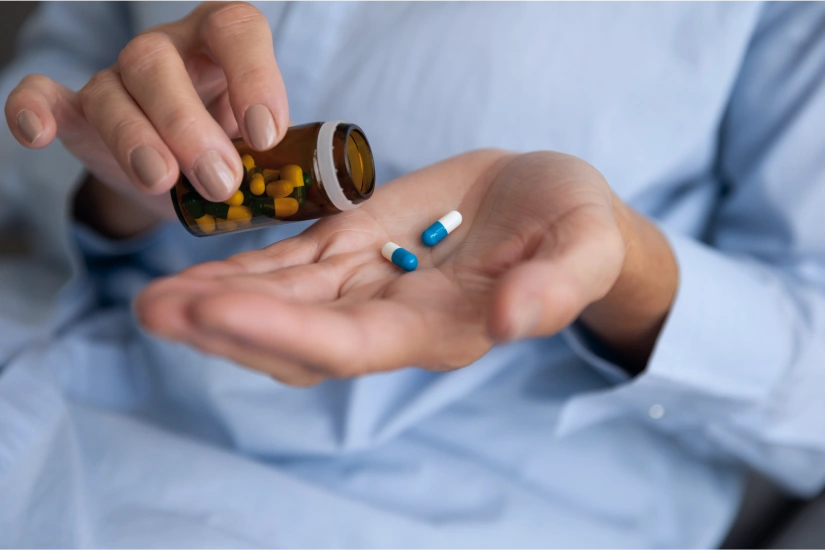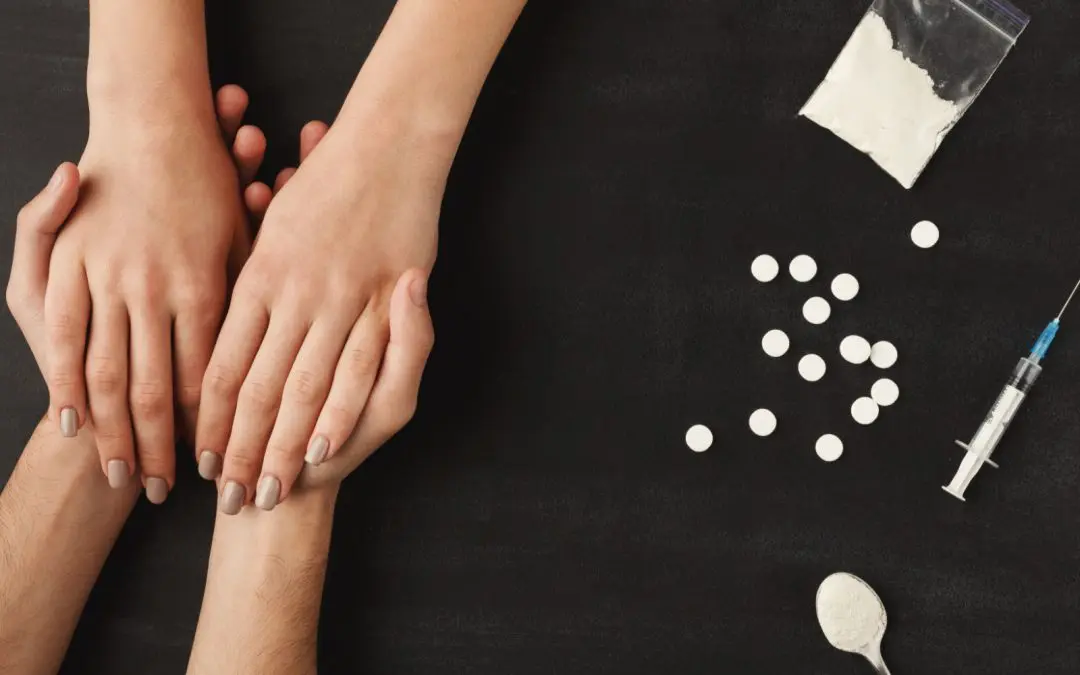24/7 Helpline:
(866) 899-221924/7 Helpline:
(866) 899-2219
Learn more about Morphine Rehab centers in Picayune
Morphine Rehab in Other Cities

Other Insurance Options
Beacon

PHCS Network

Sliding scale payment assistance

Access to Recovery (ATR) Voucher

Cigna

Absolute Total Care

Meritain

Group Health Incorporated

Humana

BlueCross

MHNNet Behavioral Health

United Health Care

State Farm

Self-pay options

Multiplan

UnitedHealth Group

Excellus

Health Partners

Medical Mutual of Ohio

Anthem

Gulf Coast Mental Health Center
Gulf Coast Mental Health Center is community mental health center providing a wide range of mental h...






















Teen Challenge of Mississippi
Teen Challenge of Mississippi is a non-profit Christian organization who aims to help women with lif...










